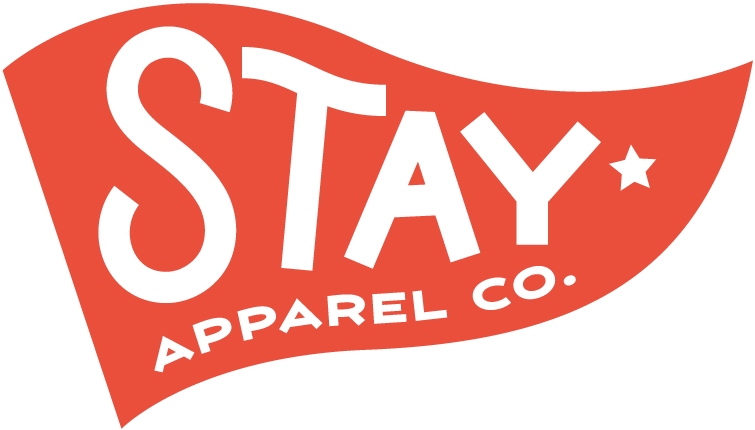The ‘Miracle on Ice’ U.S. hockey team inspired me to a gold medal in persistence
It’s no coincidence that I’m publishing this on Feb. 22, 2022, which marks the 42nd anniversary of the “Miracle on Ice,” when the inexperienced U.S. Olympic hockey team shocked the sports world and upset the heavily favored Soviet Union. Two days later, Team USA beat Finland and won the gold medal at Lake Placid, N.Y.
My quest began then, as a 12-year-old in middle school, and lasted into middle age. Off and on across 35 years, I sought the autographs of the 20 American players and coaches Herb Brooks and Craig Patrick.
It began as a child’s act of adulation; it ended as an adult’s desire to see something through to a successful conclusion, which seemed like a proper way to honor those boyhood memories and the spirit of that legendary team.
Decades long
Al Michaels handled play-by-play for ABC’s broadcast of the U.S.-Soviet game, his countdown at the end of it culminating with, “Do you believe in miracles?” He said he was deluged with fan letters in the aftermath, the result, he concluded, of the U.S. players having gone their separate ways and being much harder to reach than he was.
Herb Brooks
The last player cut from the 1960 U.S. team, Brooks won three national championships as head coach at the University of Minnesota before guiding the 1980 team. He coached four teams in the National Hockey League, including the Pittsburgh Penguins.
Indeed, that ultimately was the complication for me as I embarked upon what ended up being a decades-long letter-writing campaign. (As is the case with Stay, I couldn’t have achieved my goal without the help of the U.S. Postal Service.) It wasn’t too difficult in the immediate aftermath, when the players remained in the public’s consciousness and their whereabouts were still news.
Dave Silk, who reported to the American Hockey League’s New Haven Nighthawks, was the first player to respond to me. He sent a handwritten letter on Sheraton-Park Plaza Hotel stationery.
I received signatures on color photos and black-and-white photos, on postcards, and blank file cards. Some photos were glossy, others were photocopies. Some players signed multiple photos. Bob Suter, writing from his Suter’s Gold Medal Sports in Madison, Wis., addressed 15-year-old me as “Mr. Goulet.”
Mike Eruzione
The pride of Winthrop, Mass., Eruzione played collegiately at Boston University and professionally for the Philadelphia Firebirds of the North American Hockey League before becoming captain of the 1980 team. He scored the winning goal in the upset win against the Soviet Union.
A second act
I grew older, got busier, and unofficially abandoned my efforts by the end of the 1980s, having acquired the signatures of the 14 players and two coaches. The rest hadn’t responded to my overtures or couldn’t be located.
It wasn’t until the 2000s, with another Winter Olympics in 2002 and the 2004 release of “Miracle” the movie, that I resumed my letter writing. By this time, too, the Internet was an invaluable tool for tracking down the holdouts.
John Harrington, who also played in the 1984 Olympics and had a short minor-pro career, was head coach at St. John’s University in Minnesota by the time I tracked him down. His was the first autograph I received, in February 2002, in my pursuit’s second act.
Harrington, along with Buzz Schneider and Mark Pavelich, hailed from the Iron Range region of northeast Minnesota. They played on the same line and earned the nickname “The Coneheads” in reference to the “Saturday Night Live” characters.
By 2015, Schneider and Pavelich were all that stood between me and my goal. They were my Soviet Union and Finland. I needed help.
An assist from O’Callahan
I remembered what Jack O’Callahan had written to me in a letter in February 1981, when he was playing for the New Brunswick Hawks in Canada. He included a folded-up cover of Life magazine from that January; among “The Year in Pictures,” joined by the likes of Muhammed Ali, Pope John Paul II and Yoda, was an image of O’Callahan celebrating the victory over the Soviets.
“I hope that you enjoy what I’m sending to you and if there’s anything else that I can do for you, please don’t hesitate to write to me again at the N.B. hawks office.”
Even though he led Brooks’ University of Minnesota team to a national championship in 1979, Janaszak was the only member of the 1980 team not to appear in any games.
Thirty-four years later, I took him up on that offer. I emailed him through his financial services company in Chicago and asked whether he could help me connect with Schneider and Pavelich. My recollection is that his response was prompt and cc’d Schneider, to whom I subsequently mailed a team photo. Schneider signed and returned it to me, along with instructions for mailing it to Pavelich.
An avid outdoorsman, Pavelich had a reputation for being hard to pin down, even missing some of the team’s reunions. I believe I followed up with Pavelich twice but never got the photo back, much less signed. (Little did I know how troubled Pavelich’s life had become, a “long, sad decline” as the New York Times wrote upon his death in 2021.)
But I had sent the photo via certified mail, which required Pavelich to sign for it at his post office. The postal service mailed that signed card back to me and, with it, I completed my collection in 2015.
Back in the early 1980s, backup goalie Steve Janaszak wrote me a letter that he tore out of a spiral-bound tablet.
“Best of luck to you in obtaining the remaining autographs you desire,” he wrote, adding prophetically, “We are a widespread bunch now; but, if you try hard enough you will locate all of us.”




